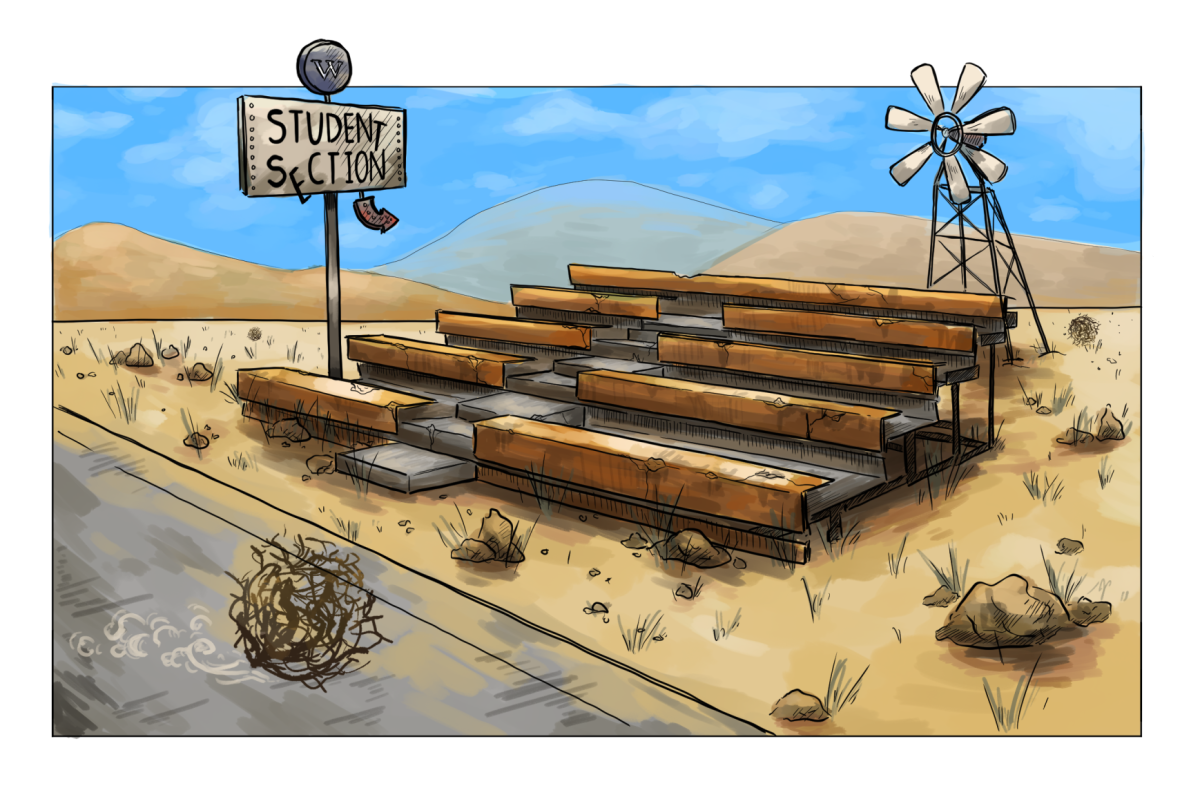
On Feb. 24 while perusing the aisles of the Whitman College Bookstore for her spring Encounters books, first-year Willow Goff was entirely unsure of which texts to purchase until she really analyzed their covers.
“I could have looked at the required reading list on cleo, but I feel like I can determine which books I should read by what they look like,” said Goff.
Goff cited her art history class as a source of inspiration.
“I took this class last semester that made me realize how important it is to analyze artwork. Like, I could get “Hamlet,” but why would I get that when there’s this other awesome book with a cartoon monkey on the front?” said Goff.
Indeed, a recent study published by Whitman Professor of Psychology Agatha Stone shows that students often judge books by their covers.
“No matter what they learned as children or what their parents told them, our data demonstrates that the vast majority of students are still judging books by their covers,” said Stone.
When questioned about his own habits, senior Brandon Dane admitted that he too bases his purchasing decisions on the books’ covers.
“It’s easier that way. I don’t have to do something ridiculous like actually reading the summary on the back of the book or looking at the reviews on the inside. I hate opening books, so my method is much more efficient and useful,” said Dane.
Despite Dane’s claims, research shows many good books have bad covers and many bad books have good covers. When this radical information was revealed to sophomore Candace Aims, she was shocked.
“I don’t know what to say. I’m baffled, really. I have read some bad books, but I just figured that was because their covers were ugly. Take Augustine’s “Confessions,” for example. Now, however, this information makes me feel like I have to reevaluate not just how I choose books but also how I make decisions in general. Like, could this whole judging books by their covers thing possibly be an analogy for other things in my life?”
Chair of the Sociology Department Marnie Fallon was intrigued by this idea, explaining that it could have larger implications than just book sales.
“If students start realizing they can’t necessarily judge books by their covers, then this could cause them to reevaluate other important decisions they make in their lives. When else do they make snap decisions based simply on appearances? Does this affect who they date? Who they befriend?”
When confronted with this information, Goff was still confident about her purchasing decisions.
“I think it’s important to judge books based on their covers. Life is not about content or character or whatever, but about appearances. I mean, just look at our celebrities, you know?” said Goff.




